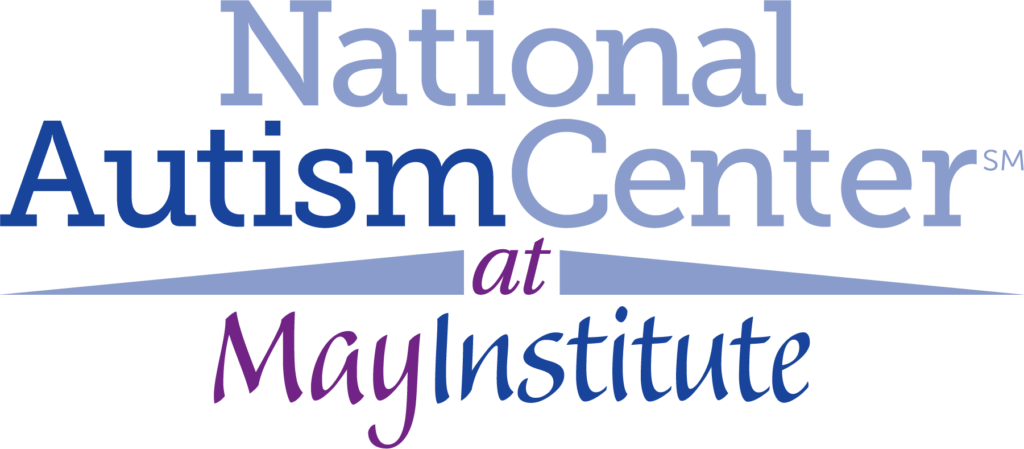National Standards
National Standards Project
Families, educators, and service providers are constantly bombarded by a massive amount of confusing and often conflicting information about the myriad treatments available. The National Standards Project is helping to reduce the resulting turmoil and uncertainty by addressing the need for evidence-based practice standards and providing guidelines for how to make choices about interventions.
Overview
The National Standards Project – Phase 1 and Phase 2 – answered one of the most pressing public health questions of our time — how do we effectively treat autistic individuals? The project’s primary goal is to provide critical information about which interventions have been shown to be effective for these individuals.
Phase 1 (released in 2009) examined and quantified the level of research supporting interventions that target the core characteristics of ASD in autistic children, adolescents, and young adults (below 22 years of age).
Phase 2 (released in 2015) provides an update to the literature for interventions for those under age 22, and also included studies evaluating interventions for adults (22+), which have never been systematically evaluated before now.
The National Standards Report serves as a single, authoritative source of guidance for parents, caregivers, educators, and service providers as they make informed intervention decisions. We are confident that these findings and recommendations will change lives and give hope and direction to people whose lives are touched by autism.

